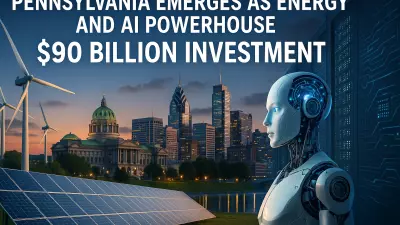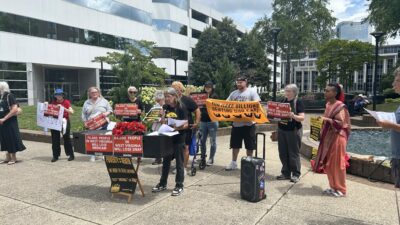It comes down to politicians who have an authentic respect for their role in America.

1. Economic Security & Living Wages
Blue-collar voters remain focused on kitchen‑table issues that include stagnant wages, rising costs of housing, healthcare, and food. They will vote for policies that directly affect their daily lives. Recent analyses show that these voters respond less to abstract ideology and more to tangible economic relief. A recent Pew Research survey found that nearly 80% of voters prioritize the economy above all else.
These workers aren’t asking for corporate tax breaks; they want policies aimed squarely at them, like higher minimum wages, expanded overtime protections, affordable healthcare, and reliable pensions.
2. Job Stability, Manufacturing & Infrastructure
Support for American industry resonates deeply. Whether it is preserving plants or revitalizing the Rust Belt, blue-collar workers prize job security. The purchase of U.S. Steel by Nippon Steel, for instance, was embraced locally once it guaranteed job maintenance and modernization investments, The Washington Post reports.
Democrats’ push for infrastructure and vocational training sends a similar message. Senators like Elissa Slotkin emphasize plans to “support small businesses, increase housing development, expand vocational training, and develop renewable … energy,” acknowledging the direct link between job prospects and democratic health, according to The Washington Post.
3. Respect, Voice & Authenticity
Blue-collar voters often feel overlooked by both parties. They want politicians who see them, hear them, and respect their contributions. Many resent the elitism of coastal Democrats and the cultural populism of MAGA Republicans, which can feel superficial without an economic backbone, The Guardian reports.
They aren’t asking for a rescue; they want a foundation to stand on. That means leaders who talk about autonomy, personal responsibility, and creating opportunities.
4. Bread-and-Butter Over Culture Wars
While cultural issues like immigration, crime, and identity retain their appeal for some, blue-collar communities are more motivated by economic pragmatism. Studies warn that mixing culture wars into economic messaging alienates workers who care about affordability, job stability, and community resilience, The Guardian reports.
In rural and industrial centers, the message that “we’ll fight for your wages, bring jobs home, and keep costs down” resonates more than abstract culture-war rhetoric.
5. Local Presence & Investment
Never underestimate consistent campaign presence. Republicans often win blue-collar hearts in places like Miami‑Dade by being physically visible and locally engaged on economic issues. Democrats must do the same if they hope to win back swing regions, reports The Hill.
A grassroots strategy with local offices, town halls, candidate visits, and community investments will signal commitment beyond election cycles.
6. Union Ally & Worker Protections
Support for unions and collective bargaining remains a powerful signal. The Democratic Blue Collar Caucus and union advocacy, which is highlighting protections for overtime eligibility and pro-union legislation, demonstrates at least some understanding of workers’ lived realities.
But trust must be rebuilt. Some union voters criticize Democratic compromises, such as the recent NLRB actions and rail mediations, arguing they did not go far enough to support labor fully.
Policy Roadmap: What Politicians Should Emphasize
Economy & Living Costs: Expand minimum wage, healthcare, and housing affordability.
Jobs & Manufacturing: Incentivize domestic production, vocational training, and infrastructure investment.
Worker Voice: Advocate union rights, sectoral bargaining, workplace protections.
Cultural Humility: Prioritizes workers’ daily economic struggle before social hot-button issues.
Local Engagement: Maintain presence in swing regions even during off-cycle years.
Respectful Messaging: Recognize their identity not as victims or extremists, but as essential contributors.
Final Take
Heading into 2026, blue-collar voters will be looking for sincerity and substance. They want tangible economic uplift, locally rooted politicians, union-friendly policy, and authentic respect for their role in America. Politicians who combine populist economic messaging with sustained community engagement, without succumbing to divisive cultural theatrics, will be best positioned to earn votes in industrial towns and rural heartlands.







